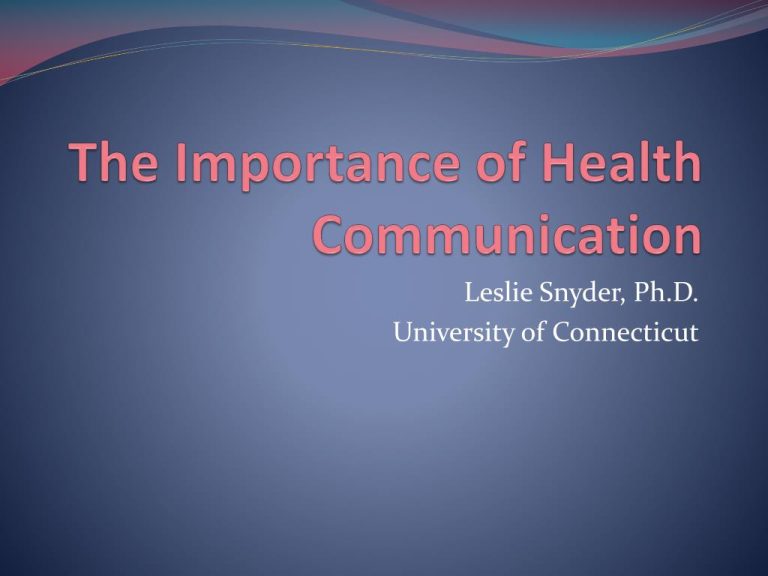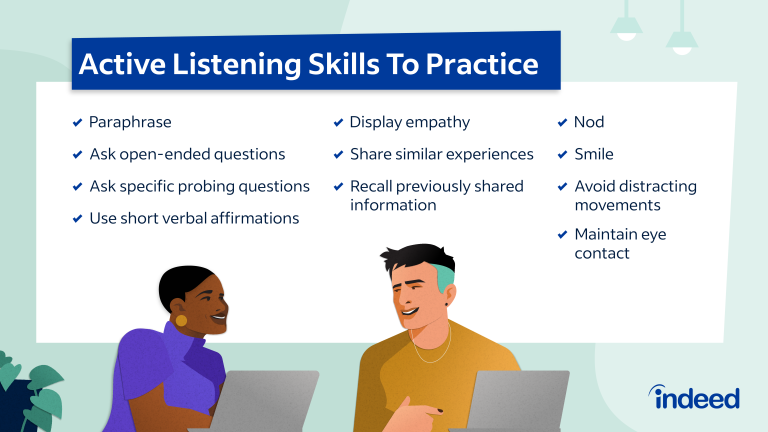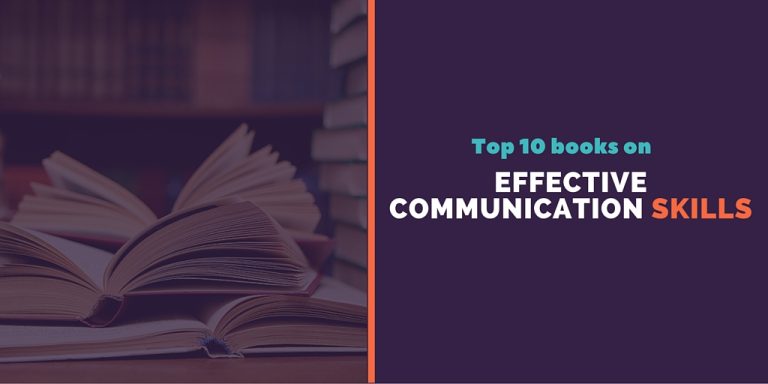What is Efficient Communication?
Communication is at the heart of every successful interaction—whether personal, professional, or social. But in today’s fast-paced world, it’s not just about communicating; it’s about doing so efficiently. So, what exactly is efficient communication, and why does it matter more than ever?
Efficient communication is the clear and effective exchange of information in a concise manner. It involves conveying messages in a way that minimizes confusion and maximizes understanding.
By mastering the art of efficient communication, individuals can enhance their impact, influence, and overall effectiveness in both verbal and written exchanges.

Credit: themindfool.com
What is Efficient Communication?
Efficient communication is the process of delivering a message clearly, concisely, and purposefully—using the least amount of time and effort while still ensuring mutual understanding. It minimizes confusion, eliminates unnecessary details, and promotes quick decision-making and collaboration.
In short: It’s not just about what you say, but how effectively you say it.
Key Characteristics of Efficient Communication
1. Clarity
Messages are simple and easy to understand. The communicator avoids jargon unless it’s familiar to the audience.
2. Conciseness
The message gets straight to the point. No fluff, filler, or redundant information.
3. Relevance
Every part of the message serves a purpose. Irrelevant details are eliminated.
4. Timeliness
The right message is delivered at the right time—neither too early nor too late.
5. Active Listening
Efficient communication is a two-way street. It involves truly listening and responding appropriately, not just speaking.
6. Appropriate Medium
The method of communication (email, call, text, meeting) matches the urgency and complexity of the message.
Why Efficient Communication Matters
- Saves Time: Especially in professional settings, clarity and brevity reduce back-and-forths and speed up decision-making.
- Boosts Productivity: Teams work better when everyone understands their tasks and goals without confusion.
- Reduces Misunderstandings: Clear communication avoids mistakes, rework, and conflict.
- Strengthens Relationships: Whether in business or personal life, efficient communication builds trust and respect.
How to Improve Efficient Communication
Know Your Audience
Tailor your tone, language, and delivery based on who you’re speaking to.
Plan Before Speaking or Writing
Outline your main points. Stick to the essentials.
Use Active Voice
It’s more direct and clear than passive constructions.
Choose the Right Tool
Not everything needs a meeting. Use email or instant messaging when appropriate.
Practice Feedback Loops
Check for understanding. Ask for questions. Encourage feedback.
Efficient Communication in the Digital Age
In an age dominated by texts, emails, Slack messages, and Zoom calls, being efficient isn’t optional—it’s critical. Emojis, acronyms, and shorthand can add nuance or create confusion. Efficient communicators adapt their style for each platform and stay mindful of tone, timing, and clarity.
Conclusion
Efficient communication isn’t just a soft skill—it’s a power skill. Whether you’re leading a team, managing a project, resolving a conflict, or nurturing a relationship, how efficiently you communicate can make or break the outcome.
Strive for clarity. Be concise. Listen actively. And always communicate with purpose.




